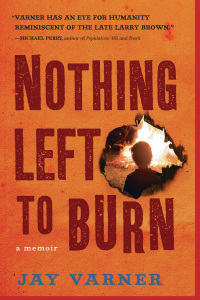
First, we both grew up in small, blue-collar town Pennsylvania. Second, we witnessed the demise of the factory world (and the birth of the Rust Belt) during our lifetime. Third, we both left for college only to return home with college degrees in English (a degree that is bewildering to blue collar families). Finally, when we did return home, both of us ended up in jobs as local newspaper reporters -- a position that many people did understand (So that is what you can do with an English degree one of my relatives exclaimed!)
But these are where the similarities end.
In Nothing Left to Burn, Varner returns home to McVeytown, Pennsylvania, and takes a job as a reporter, only to find out that one of his beats, so to speak, is writing about local fires. Ironically, Varner's late father was the town's fire chief (and a local hero), and Varner himself can't help but feel torn by this position. Part of him believes that his father would be proud, but another part of him can't help but still feel resentful for the way that fighting fires took his father away from home.
Varner's memoir intertwines his story as a newspaper reporter with memories of the past. This past includes an exploration of Varner's relationship with both his parents, but also with a person who complicates his family situation even more: his grandfather, who was a fire bug and who delighted in starting fires of his own.
Nothing Left to Burn is a wonderful memoir about family, history and place. While those of us who grew up in rural Pennsylvania can certainly relate to Varner's book in many ways, in general his memoir is a great coming of age tale that shouldn't be missed.
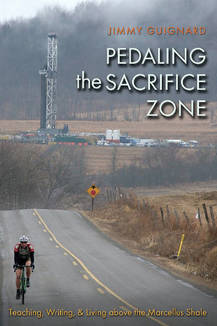
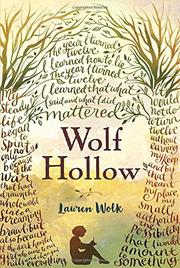
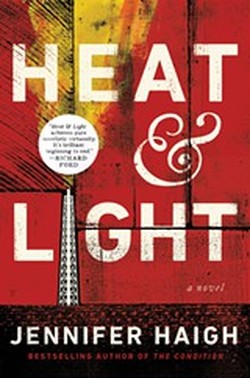
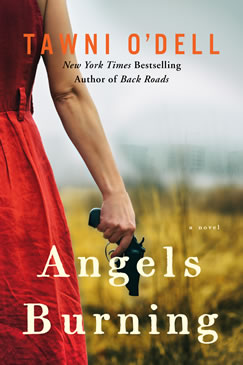
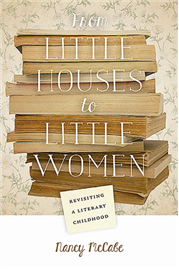
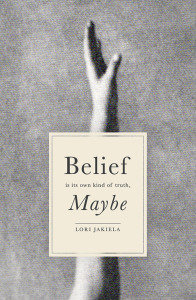
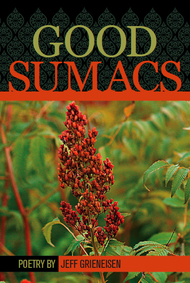
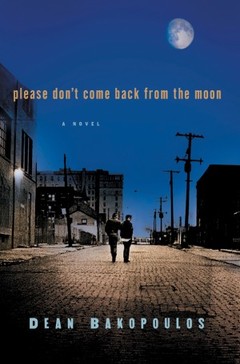
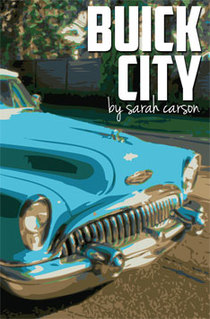
 RSS Feed
RSS Feed
